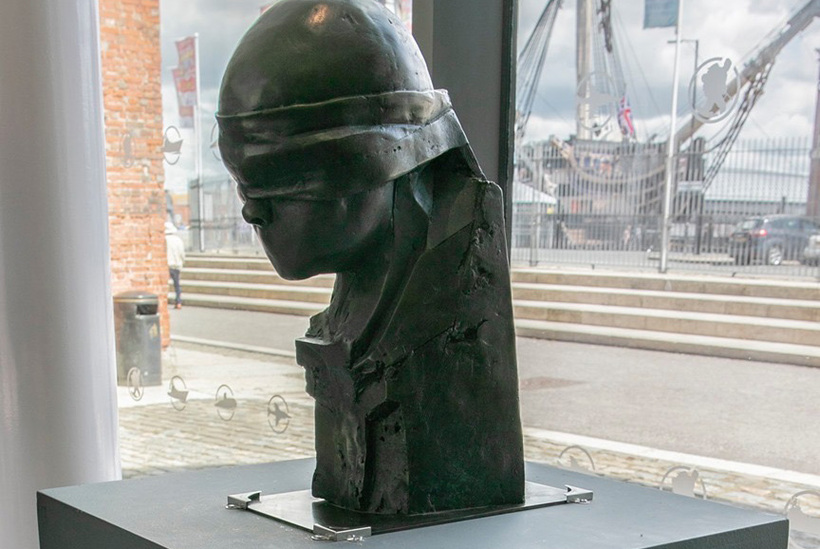A memorial and a catalyst: creating Pity of War
Jan Arriens describes how one Quaker's concern for civilians affected by war has resulted in a new charity launching on Hiroshima Day 2020.

In these strangest of times, when the pace of life change seems so fast, a new charity is being formally launched on Hiroshima Day, 6 August 2020, to remember the millions of nameless, voiceless and forgotten individuals affected by war.
Named 'Pity of War', its objective is to promote increased awareness among the public of the wider impact of war upon civilians. Hiroshima Day has been chosen for the launch as the civilian casualties and suffering in that city (and later in Nagasaki) in 1945 encapsulate like no other event the horror of war.
A new memorial
Pity of War started as the concern of a Shropshire Quaker, the late Joyce Gee. Joyce's home in London narrowly missed being bombed in World War II when she was a schoolgirl. The memories never left her. On a visit to the National Memorial Arboretum in Staffordshire in 2013 for the formal opening of the Friends Ambulance Unit/Friends Relief Service memorial, Joyce was struck by the lack of a specific memorial to civilian non-combatants.
The concern was taken up by Clun Valley Friends in Shropshire. From there it progressed to Southern Marches Area Meeting and Meeting for Sufferings. In the process it was discovered that Peter Walker, an internationally known sculptor, was already working along similar lines and had a concept in mind. Successful negotiations were conducted with the National Memorial Arboretum for a site where a specially designed memorial will eventually reside.
An expression of peace
The design of the memorial – a blindfolded head, with neither ears nor mouth – powerfully symbolizes the impotence of the innocent civilian caught up in the horrors of war. It will be cast in bronze, two metres high, on a plain square 30cm plinth and simple white gravel base.
Models of the final design have been on display in a number of cathedrals, including Chester, Coventry, Salisbury and Lichfield, and have already been seen by tens of thousands of people, while 12 bronze models will be displayed permanently around the UK as well as at the British Embassy in Dubai. A model has also been on display at Friends House in London.
Pity of War will not end its work with the memorial but will act as a catalyst for an ongoing educational program. As an expression of the Quaker peace testimony, it will work in schools and communities across the country in conjunction with exhibitions, readings and other events, raising awareness of not just the physical but also the psychological, social, educational, economic and cultural effects of war upon the civilian population.